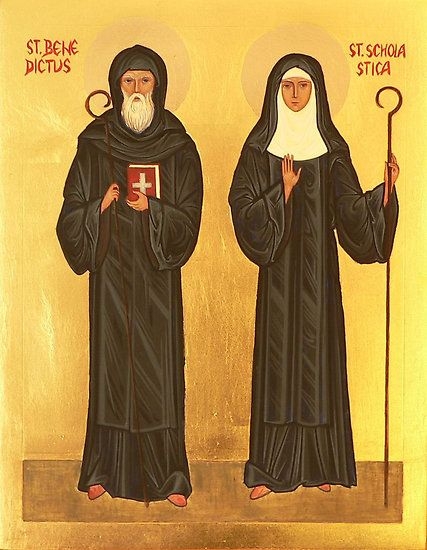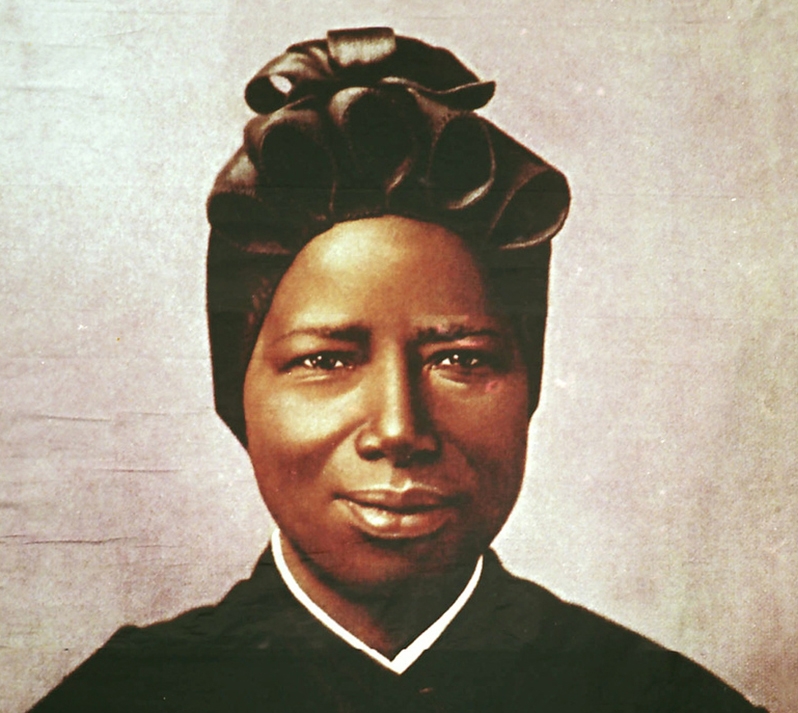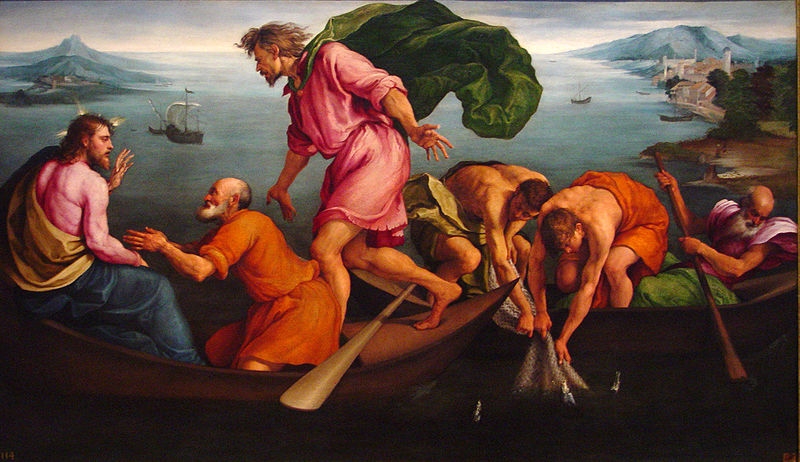These reflections are a result of more than 40 years of ministry as a Roman Catholic priest. Most of these years I spent in the Diocese of Charlotte which covers Western North Carolina. Now I am retired, and live in Medellín, Colombia where I continue to serve as a priest in the Archdiocese of Medellín.

When Solomon was old his wives had turned his heart to strange gods, and his heart was not entirely with the LORD, his God, as the heart of his father David had been. (I Kgs 11:4-13)
https://bible.usccb.org/bible/readings/021022.cfm
Conveniently left out of today’s reading, the preceding verse in the Bible tells us that Solomon had 700 wives and 300 concubines. I guess the lectionary-makers in Rome didn’t want to give people ideas. Today is the feast of the sister of Saint Benedict. Saint Scholastica is considered the founder of Benedictine communities of women.

When the queen of Sheba witnessed Solomon’s great wisdom, the palace he had built, the food at his table, the seating of his ministers, the attendance and garb of his waiters,
his banquet service, and the burnt offerings he offered in the temple of the LORD, she was breathless. “The report I heard in my country about your deeds and your wisdom is true,” she told the king. “Though I did not believe the report until I came and saw with my own eyes, I have discovered that they were not telling me the half. Your wisdom and prosperity surpass the report I heard. Blessed be the LORD, your God, whom it has pleased to place you on the throne of Israel. In his enduring love for Israel, the LORD has made you king to carry out judgment and justice.” (1 Kgs 10:1-10)
https://bible.usccb.org/bible/readings/020922.cfm
The visit of the Queen of Sheba to little Israel made news. Even the great composer Handel 2,700 years later celebrated her arrival in Jerusalem with heavenly music.

Responsorial Psalm (Psalm 84)
R. How lovely is your dwelling place, Lord, mighty God!
Even the sparrow finds a home, and the swallow a nest in which she puts her young—Your altars, O LORD of hosts, my king and my God!
R. How lovely is your dwelling place, Lord, mighty God!
https://bible.usccb.org/bible/readings/020822.cfm
Josephine Bakhita (1869-1947), having been a slave in the Sudan, had a difficult life to say the least. She was abducted and enslaved by the age of 8. Eventually she taken to Italy and was finally entrusted to the care of some religious sisters where she first encountered Christianity. She said of the nuns: "Those holy mothers instructed me with heroic patience and introduced me to that God who from childhood I had felt in my heart without knowing who He was." She joined the convent and remained there the rest of her life. She is the patron saint for victims of human trafficking and slavery.

Then Solomon said, “I have truly built you a princely house, a dwelling where you may abide forever.” (I Kgs 8:1-7, 9-13)
https://bible.usccb.org/bible/readings/020722.cfm
The Dedication of the Temple by Solomon was a truly big deal. The dedication of “Little Jerusalem” more popularly known as the Ave Maria Grotto on the grounds of Saint Bernard Abbey, Cullman, Alabama, was much humbler. Brother Joseph Zoettl (1878-1961) used left over plumbing supplies and junk to construct replicas of the Temple of Solomon and religious shrines. Not a “princely house” (Solomon would probably have been horrified!), but acceptable to the Lord nonetheless.

Then I heard the voice of the Lord saying, “Whom shall I send? Who will go for us?” “Here I am,” I said; “send me!” (Is 6:1-2a, 3-8)
https://bible.usccb.org/bible/readings/020622.cfm
In today’s readings we have an abundance. All of them are worthy of being proclaimed and preached: The Call of the Prophet Isaiah, Paul’s handing on of the teaching about the Resurrection Appearances, and the Call of the First Disciples. Whether we are eager-beavers like the Prophet Isaiah (“Send me, send me!”), or feeling a bit overwhelmed like Peter (“Depart from me, Lord, for I am a sinful man”), we can all take hope from Paul who knew that the Call was not merited (“because I persecuted the church of God”) but was simply God’s grace (“by the grace of God I am what I am”). And as Paul concludes: “so we preach and so you believed.”



